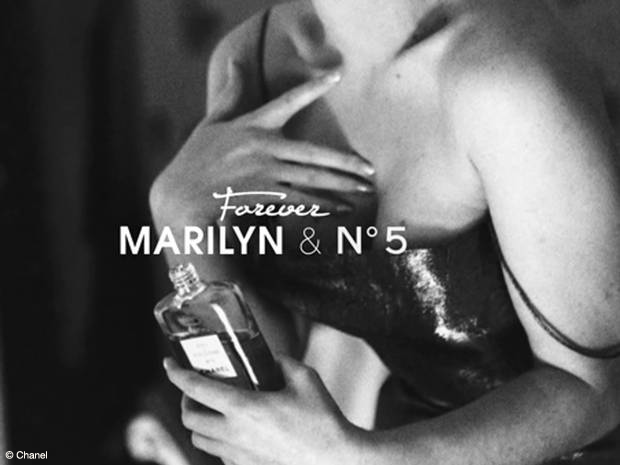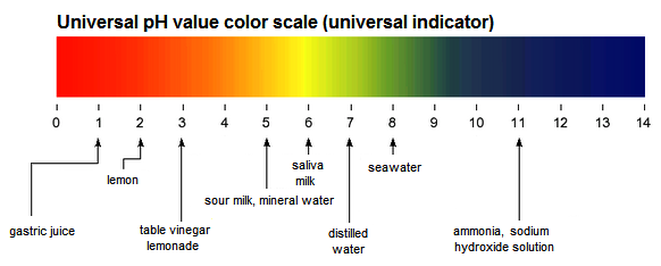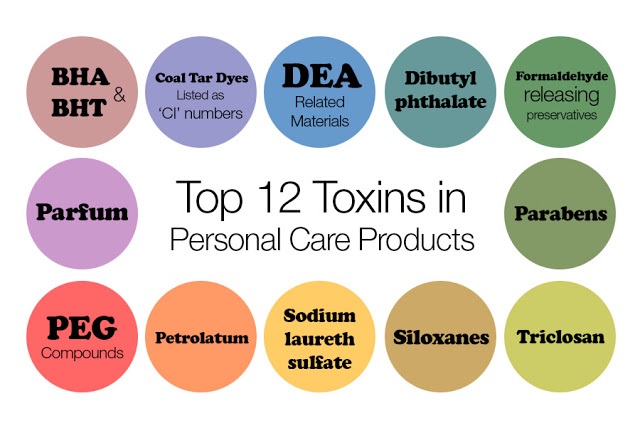1. Layer your fragrance
Scented body oil is in "vogue" right now and there is a good reason why. Applying a thin layer of oil, lotion or balm on various points of your body help your fragrance holds longer as the perfume has something to "cling" on to and boost its staying power. And now you know why perfume always comes with a matching scented moisturiser.
2. Do not keep your perfume in the bathroom
I know it's convenient especially when you're on the go in the morning. But the humidity and dampness in your bathroom will break down the perfume and weaken the fragrance. Keep your perfume in your bedroom instead.
3. Spray your perfume right after showering
The key is moisture. Damp skin will lock in the fragrance but wait for a few minutes before you get dressed or else it will rub off. Why not spray on your clothes? Well, there are no rules suggesting you can't, but perfume evolve, evaporate and change characteristics on the skin more naturally.
4. Do not rub perfume on your wrists
I know it's a habit - to spray on the neck, behind the ears and then on each of your wrists. But you're just wasting perfume and money (if you are using something exquisite). There is not enough science to back-up claims that fragrance lasts longer if worn in this manner. In fact, friction generally cause top notes of the perfume to dissipate faster and the fragrance will fade out faster than you'd hoped for.
5. Pour the last 5-10m of perfume into an unscented body lotion
I like to get to the last drop of my perfume, but we know how hard it is to spray them out and it won't bulge. So instead of wasting them, mix them into an unscented body lotion and moisturise all over instead!
6. Keep your perfume in the box
I know the bottles are lovely but keep the box anyway. Perfume needs to be stored away from light and heat. Sunlight degrades the oil and breaks down the fragrance while heat makes your perfume smell musty and "sourish". If you look at some of the big European perfume houses like Penhaligon's, you will find all their perfume comes in a standard spray bottle but stored in pretty, colourful boxes that are just as attractive on display
9. Do not keep perfume
Perfume does not last forever unless they have been stored in an aluminium bottle, never been opened and kept in a cool, dark place. Once a bottle of perfume is open, you will get up to 2 years' life out of it if it's stored appropriately. Citrus scents tend to deterioate faster than floral and woody fragrance so consider the notes in your perfume when you think about how long to keep it after you've been using it for a year.
There is another good reason why perfume are rarely sold in big bottles, especially extrait de parfum. Perfume is to be worn and enojyed - just don't keep it forever or overdo it!





 RSS Feed
RSS Feed
